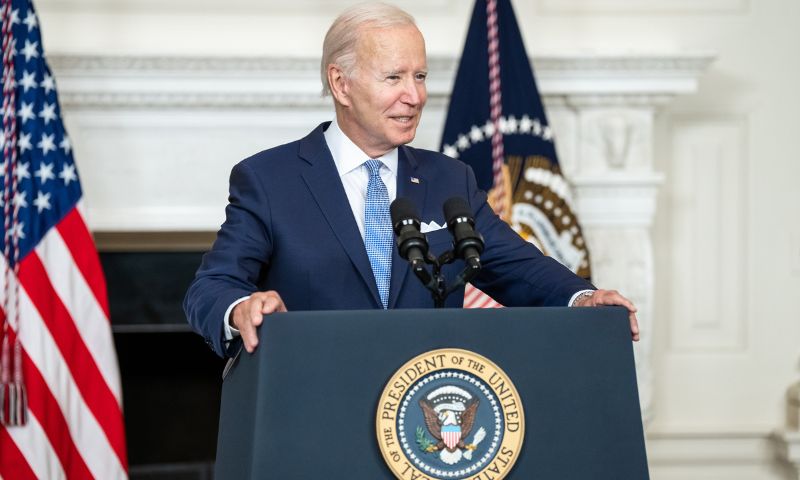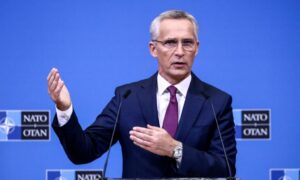WASHINGTON: US President Joe Biden is set to convene the second annual summit of Pacific island nations at the White House, commencing Monday. This summit aims to bolster US engagement in the Far East, a region experiencing escalating tensions with China and North Korea.
Leaders from Australia, New Zealand, the Cook Islands, and Niue will be welcomed by President Biden. However, the absence of Solomon Islands Prime Minister Manasseh Sogavare, who had previously attended the United Nations General Assembly in New York last week, was particularly notable. The Solomon Islands signed a significant agreement with China in July, setting the stage for strategic cooperation in security and law enforcement efforts.
In place of Prime Minister Sogavare, Solomon Islands Foreign Minister Jeremiah Manele will represent the nation, citing urgent government matters at home as the reason for the Prime Minister’s absence. Administration officials expressed disappointment about Sogavare’s decision, highlighting that the summit represents a unique opportunity for cooperation.
While the leaders gathered on Sunday for a Baltimore Ravens game, where they were recognized as “American friends in the Indo-Pacific,” President Biden and other attendees plan to engage with administration officials and Congress members on Monday. Discussions will focus on the mounting military threat posed by Beijing and the expansion of North Korea’s nuclear program.
The formation of this bloc a year ago by President Biden was prompted by China’s increasing influence in the region and its efforts to extend communist influence globally. The United States pledged $810 million to support key industries and enhance defense in these island nations, as the US sought new security agreements.
Tune in as I host a meeting with Pacific Islands Forum leaders for the U.S.-Pacific Islands Forum Summit. https://t.co/h30ReVIpFH
— President Biden (@POTUS) September 25, 2023
US Aims to Strengthen Ties with Pacific Islands
White House press secretary Karine Jean-Pierre noted that the summit provides an opportunity to strengthen ties with the Pacific Islands and address global challenges such as combatting climate change, promoting economic growth, and advancing sustainable development.
In his recent address to the UN, President Biden asserted that the US does not seek conflict with China but will push back against aggression and intimidation. This summit reflects a strategic re-engagement with the entire Pacific region as Beijing, Moscow, and Pyongyang have strengthened their alliance amid the ongoing war in Ukraine.
Administration officials acknowledged China’s role in regional dynamics but stressed the US commitment to offering viable alternatives for Pacific island nations. This meeting follows the Quad meeting held on Saturday, where the foreign ministers of the United States, Australia, India, and Japan called for enhanced security cooperation among Pacific nations to deter potential arms deals between Russia and North Korea.
With Chinese President Xi Jinping’s vow to work toward “reunification” with Taiwan and North Korean leader Kim Jong Un’s promise of “stronger military offensives,” the Biden administration has intensified defense and intelligence-sharing efforts in the Pacific region. Recent strategic agreements and military deployments in the South China Sea underscore US efforts to safeguard its interests in this strategically vital area.























